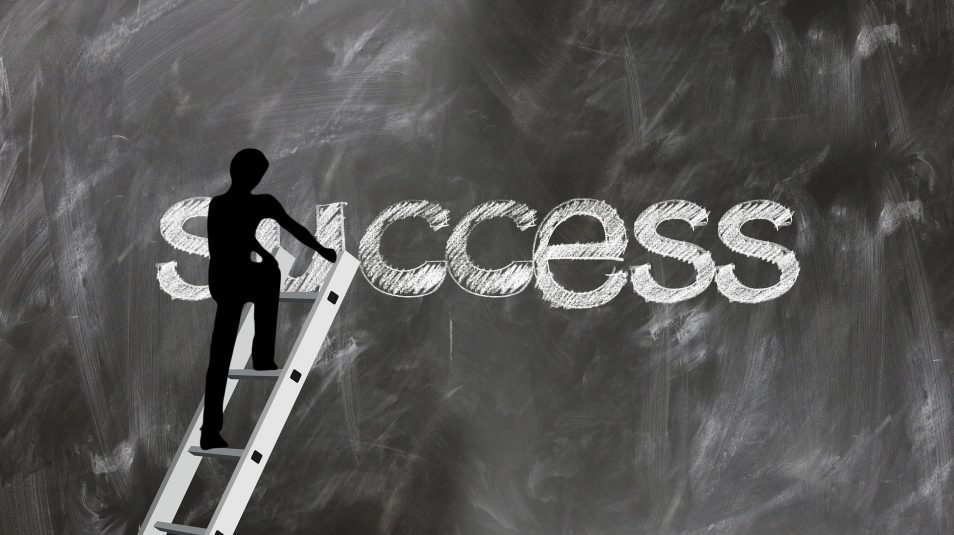Conflict Is In The Air

Like spring, conflict is in the air.
Contentious times are everywhere. On the media. In the workplace. In the streets. At the dinner table.
Many people share they’re struggling to stay calm and collected in dealing with the disagreements, friction, and discord that’s swirling around them. Me, too.
I’ve discovered I didn’t know people I thought I knew. The unpleasantness and disregard for civility they feel free to express tugs at some dark spot in me. Fortunately, I spent a big chunk of my career in labor relations, so I had a frame of reference to fall back on when my disagreement became disagreeable.
Conflict isn’t logical. Or rational. Or coolly detached. In fact, it’s usually deeply emotional and relational. Typically, our thoughts and feelings work in tandem. For many, feelings become facts.
The same issues that lead to protracted conflict (e.g. values, status, and identity), are also the triggers of strong emotions. People who feel ‘unfairly attacked, misunderstood, wronged, or righteously indignant’ are typically overcome with emotion and respond with hostility and aggression. ~Michelle Maiese, Emotions, Beyond Intractability
Because conflict is (and has been) here to stay, the trick is managing it to a constructive, goal-oriented end that increases performance and advances the greater good. Achieving that result requires following Aristotle’s advice to channel our anger, annoyance, antagonism, etc. at “the right person and to the right degree and at the right time and for the right purpose and in the right way.”
Getting Aristotle’s “rights” right results in managing conflict in a healthy and productive manner. (And manage is all we’re going to do with conflict. Difference of thought, opinion, and perspective is healthy even if uncomfortable.)
Healthy and unhealthy approaches to conflict
Look at the following and think about your approach to conflict.
Not every time we approach conflict will our first response be both healthy and productive. (Change is wicked hard.)
What’s important is that we’re self-aware and self-regulate. And accept that while we may change the situation, we’re never going to change someone else. That’s how we keep our dark spot in check and assure we’re working toward the greater good.
I have endeavored to remember that the object of life is to do good. ~Peter Cooper, industrialist and philanthropist
How are you managing conflict these days?







Wow, Jane. I’ve been noodling about writing about these precise observations and experiences. You did a great job. I particularly love the quotation from Aristotle. It is spot on. Not an easy thing to get right, but at least it is a guide. “…channel our anger, annoyance, antagonism, etc. at “the right person and to the right degree and at the right time and for the right purpose and in the right way.”
THANK YOU THANK YOU THANK YOU for writing this. I will share widely.